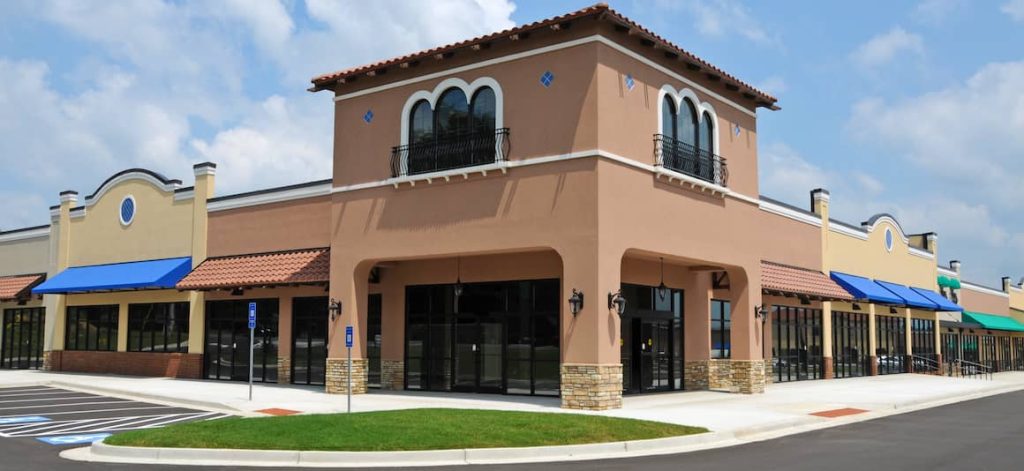
Choosing the right property for business is one of the most important steps an owner or investor can take. It affects everything from daily operations to customer traffic and long-term profits. Before signing anything, you’ll need to be sure the property fits your business needs. In the middle of all this, looking at options like REMAX commercial property listings can help compare location types, values, and zoning without wasting time.
Location: The Business Anchor
The first thing to consider is the property’s location. Does it sit in a high-traffic area or a quieter part of town? If you’re running a storefront, visibility and foot traffic are crucial. If it’s an office or warehouse, then nearby transportation access and parking may matter more. Think about your target audience. Where do they live, work, or shop? A great building in the wrong part of town won’t do much for growth.
Zoning and Legal Compliance
Before anything moves forward, check if the property is zoned for your intended business use. Commercial zoning laws vary from city to city. If you’re opening a restaurant, a retail shop, or a light industrial workshop, the local codes will tell you whether it’s allowed there. You don’t want to sign a lease or buy a building only to realize you’re legally blocked from opening your doors. Always ask for zoning records and speak directly with local city planning offices if anything feels unclear.
Accessibility for Customers and Staff
How easy is it for people to reach your business? Think about both customers and employees. Is there a bus stop nearby? Can trucks or delivery vehicles get in and out easily? If clients need parking, is there enough space? And don’t forget ADA compliance—ramps, elevators, and accessible entrances are all required under federal law if you’re open to the public.
Building Structure and Condition
The bones of the building can make or break your budget. Take a good look at the electrical systems, plumbing, roofing, and HVAC. If the building needs major upgrades, that will cost time and money—possibly more than you planned. Don’t rely only on appearances. Get an inspection done by a professional with commercial property experience. It’s easy to overlook things like fire suppression systems or outdated wiring without expert eyes on the job.
Interior Layout and Square Footage
The layout has a direct impact on how your business operates. For retail, you’ll want open, visible areas for displays. Offices need private workspaces, meeting rooms, and sometimes even break areas. Think ahead: can the current layout support your growth? If you’ll need to make renovations, confirm those are allowed under the lease or ownership terms. Square footage isn’t just about numbers; it’s about function.
Local Demographics and Market Demand
You want to know who lives nearby and what they want. Are you setting up shop in an area with the right mix of age groups, incomes, and lifestyles that match your product or service? Even a perfect building won’t draw business if it’s surrounded by the wrong audience. Look into local data—population trends, average income, and business turnover rates can offer insights into what to expect.
Visibility and Signage Opportunities
People can’t visit your business if they can’t see it. Look at how visible the building is from main roads or popular intersections. Are there rules about signs on the building or property? Some commercial developments have strict design codes that limit how big or bright your sign can be. If branding matters to your business, make sure you can make your mark clearly and legally.
Internet, Utilities, and Tech Readiness
For most businesses today, solid tech infrastructure is critical. Check if the property supports high-speed internet and has the right power supply for your operations. Do you need fiber? Is there reliable cell coverage? These details can make a big difference in daily productivity, especially for tech-heavy or customer-service-driven businesses. Confirm utility costs and ask for past bills to get a real sense of what ongoing expenses will look like.
Parking and Loading Capabilities
This one often gets missed until it’s too late. If your business depends on customer visits or large deliveries, parking and loading areas are vital. Is there room for a delivery truck to back in? Are loading docks safe and usable? If customers need parking, how many spaces are available, and are they shared with other tenants? These practical factors impact everything from client impressions to employee satisfaction.
Competitor Presence and Complementary Businesses
Take a look around the neighborhood. Are you surrounded by direct competitors? That could be good or bad depending on your field. Sometimes being close to the competition can draw more customers your way. In other cases, it may make growth harder. Pay attention to nearby businesses that could support yours—like a coffee shop next to a co-working space. Think about how your business fits into the area’s bigger picture.
Lease Terms or Purchase Conditions
Lastly, go over the fine print. If you’re leasing, how long is the term, and what are your options when it ends? Are there rent increases already baked into the contract? Who handles repairs? On the other hand, if you’re buying, check if the title is clear and if there are any restrictions or liens on the property. A commercial real estate lawyer can help break down the fine print before you commit.
Final Thought:
Evaluating a property for business use means asking smart questions and looking beyond surface-level appeal. What works for one business might be totally wrong for another. It’s not about picking the prettiest place—it’s about picking the right one for your goals, your customers, and your team. Take the time to get it right. A good property supports growth, while the wrong one can slow everything down.